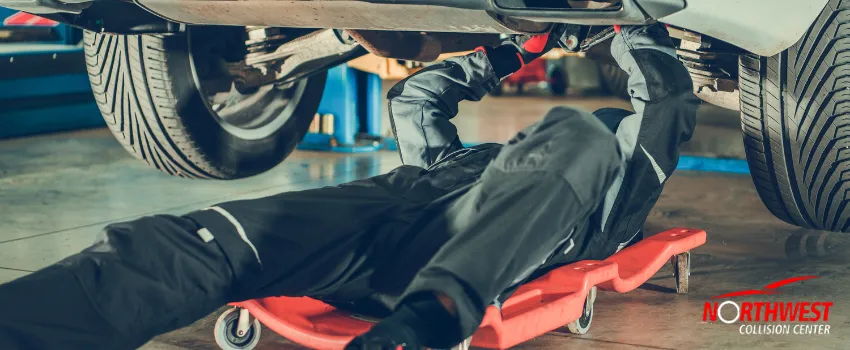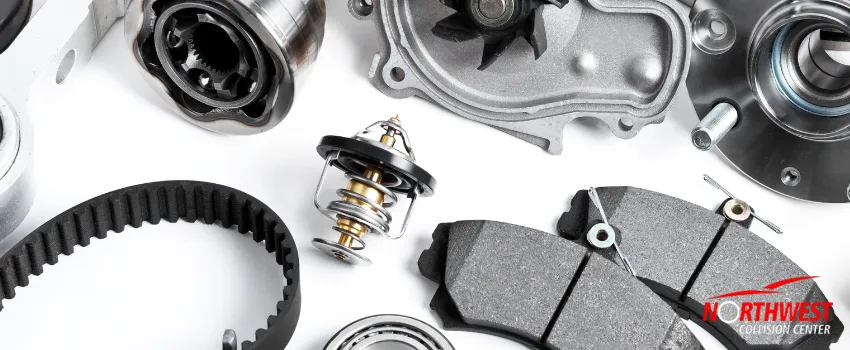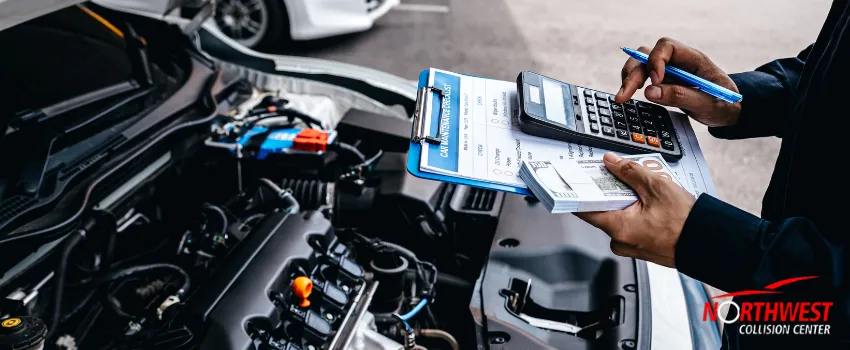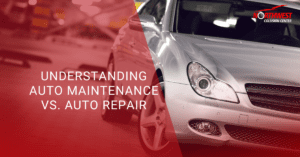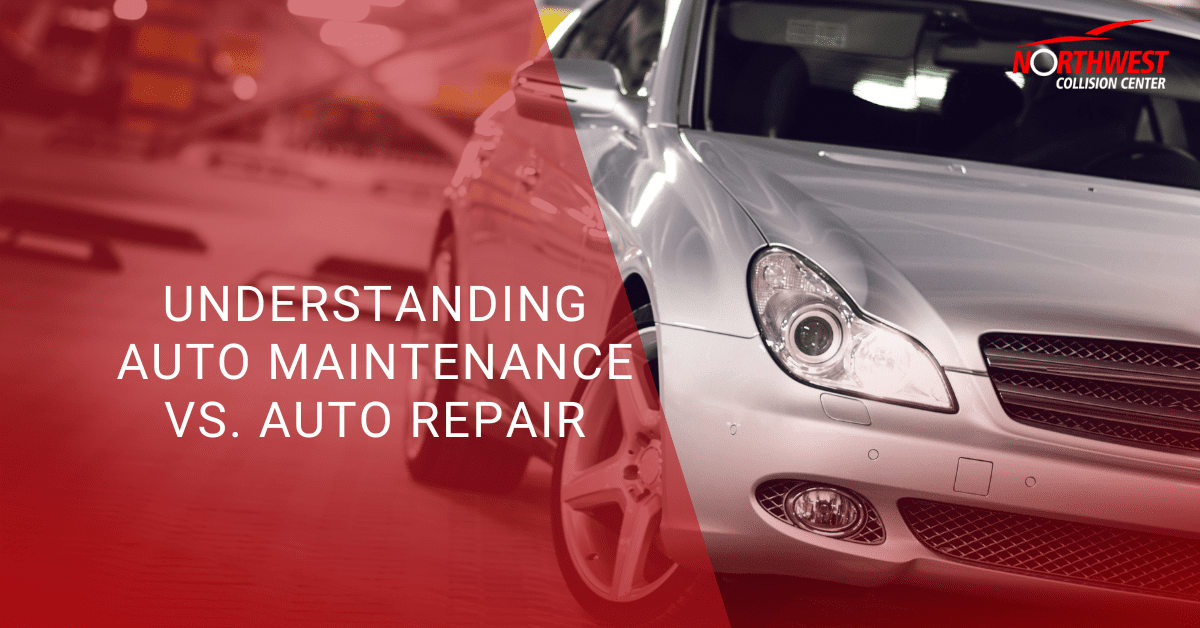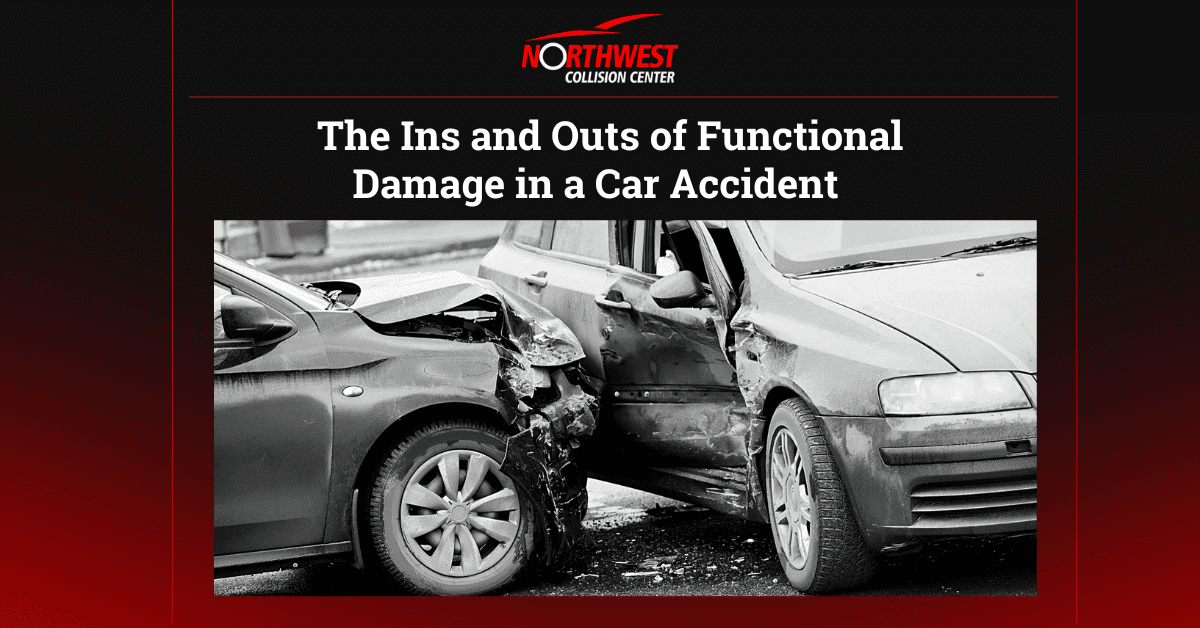While some auto body repair estimates appear budget-friendly, car owners often realize midway through the repair process that the final expenses surpass the initial estimate. To avoid such situations, you must understand what an estimate encompasses and what measures you can adopt to prevent unexpected supplementary costs.
Steps in Estimating Auto Repair Costs
When asking for a car repair estimate, systematic steps are typically followed. These steps include:
1. Initial Assessment
The first step is where your vehicle is thoroughly inspected to identify visible damage and potential hidden issues. This phase is vital as it forms the basis for the subsequent estimation process.
2. Damage Assessment
In this phase, a comprehensive evaluation of your auto’s damage is conducted. Repair experts carefully examine the extent of the disrepair before determining the best repair methods applicable.
3. Parts and Labor Estimation
This third step is critical in terms of developing a reliable repair estimate. Here, the auto shop identifies the specific replacement parts needed and calculates the associated labor hours expected for each repair task. The labor rate is also considered before all the details are put together.
4. Miscellaneous Estimates
Beyond the direct repair costs, there may be additional expenses that could come in. This is the fourth step, where expenses related to paint, materials, and other supplies necessary for the repairs are examined.
Parts of a Body Shop Estimate
Many car auto body repair estimates are composed of the following parts:
1. Repair Details
The repair details section outlines the damage your car sustained and the repairs needed for a successful restoration. It also includes a thorough description of the visible and hidden damage and a precise breakdown of the tasks necessary to rectify them.
2. Labor Costs
This section encompasses the expenses associated with the skilled work performed by the technicians. It also itemizes the labor hours required for each repair task, often including a description of the tasks.
3. Parts and Materials
This is where all the parts and materials required for the repairs are listed. It may include a subsection that distinguishes between Original Equipment Manufacturer (OEM) parts and aftermarket alternatives with a description of their respective costs.
4. Additional Charges
This segment covers any supplementary charges that might arise during the repair process. These could include fees for supplies or specialized services like diagnostics or testing.
5. Taxes and Fees
This part clarifies the applicable taxes and any additional fees associated with the repair of your car. Tax rates may vary based on location and the corresponding regulations.
6. Total Estimate
This is the final portion of your repair estimate. It presents the final projected cost of the repairs, including labor, parts, materials, additional charges, taxes, and fees. The figures listed here are the details of your financial commitment to the completed repair work.
What Does RCY Mean on an Auto Estimate?
The term “RCY” on an auto repair estimate stands for “Recycle.” It indicates that certain parts used in the repair process are recycled or salvaged and not entirely new.
Recycled car parts are usually sourced from vehicles previously involved in accidents or have reached the end of their usable life. While using these parts is cost-effective and environmentally friendly, they might not offer the same level of quality or warranty as the new models. As such, you need to be fully aware of the implications of including RCY parts in any auto body repairs made on your vehicle.
How Much Do Most Body Shops Charge per Hour?
The hourly labor rate charged by body shops can vary significantly based on location, shop reputation, and the level of expertise extended. On average, the rate falls between $80 to $100 per hour.
High-end repair centers often charge more due to their specialized skills, advanced equipment, and exceptional customer service. Conversely, budget-friendly auto shops might have lower hourly rates. However, this could also mean a significant difference in the quality of work and the materials used.
The Bottom Line
Breaking down a car repair estimate into various parts gives customers a transparent and detailed view of the costs associated with their repair request. This can help them make more informed decisions without getting caught off-guard by unexpected charges when the final bill comes out.
Ideally, for fair and acceptable estimates, you should consider doing business only with a reputable auto shop. Along with a good estimate, you can also expect to receive exceptional repair service from them.
Get a fair and accurate repair quote from Northwest Collision Center.
If you need a repair quote, getting one from a nearby car shop is easy. If you require a detailed estimate, you should head straight to Northwest Collision Center.
We offer reasonable estimates and outstanding repair services for your car at our auto body shop in St. Petersburg, FL. Call us today for any arrangements.


